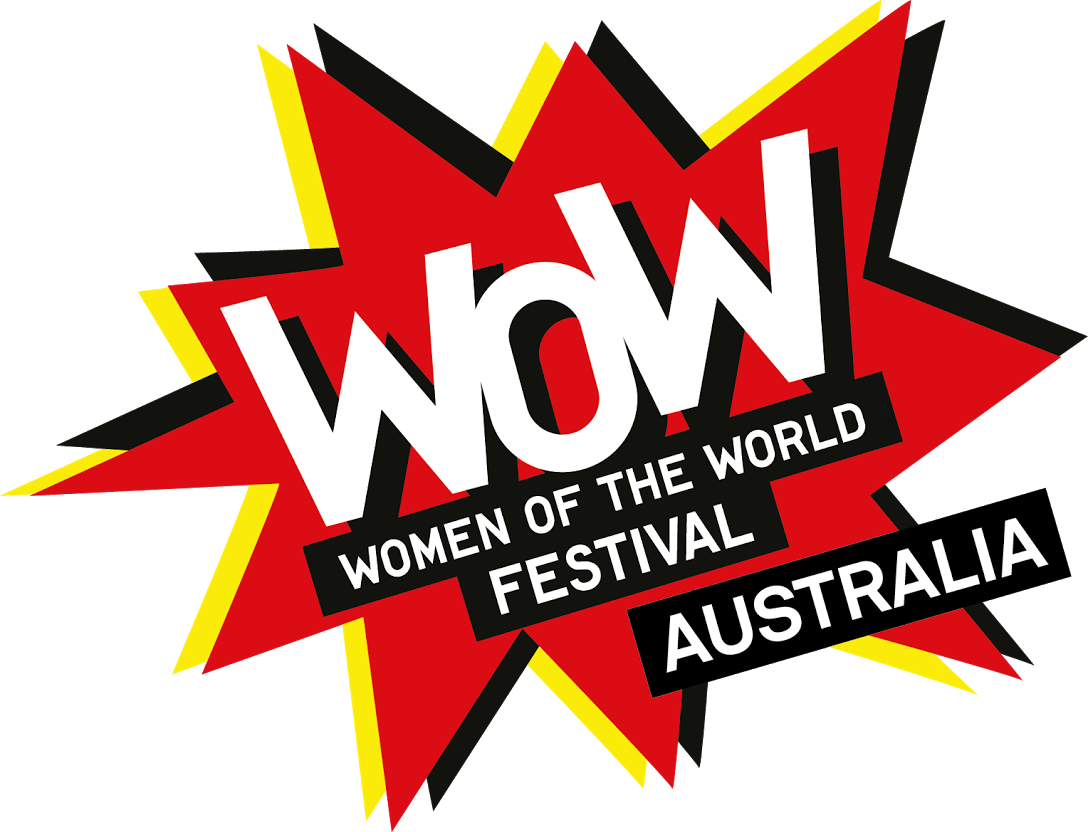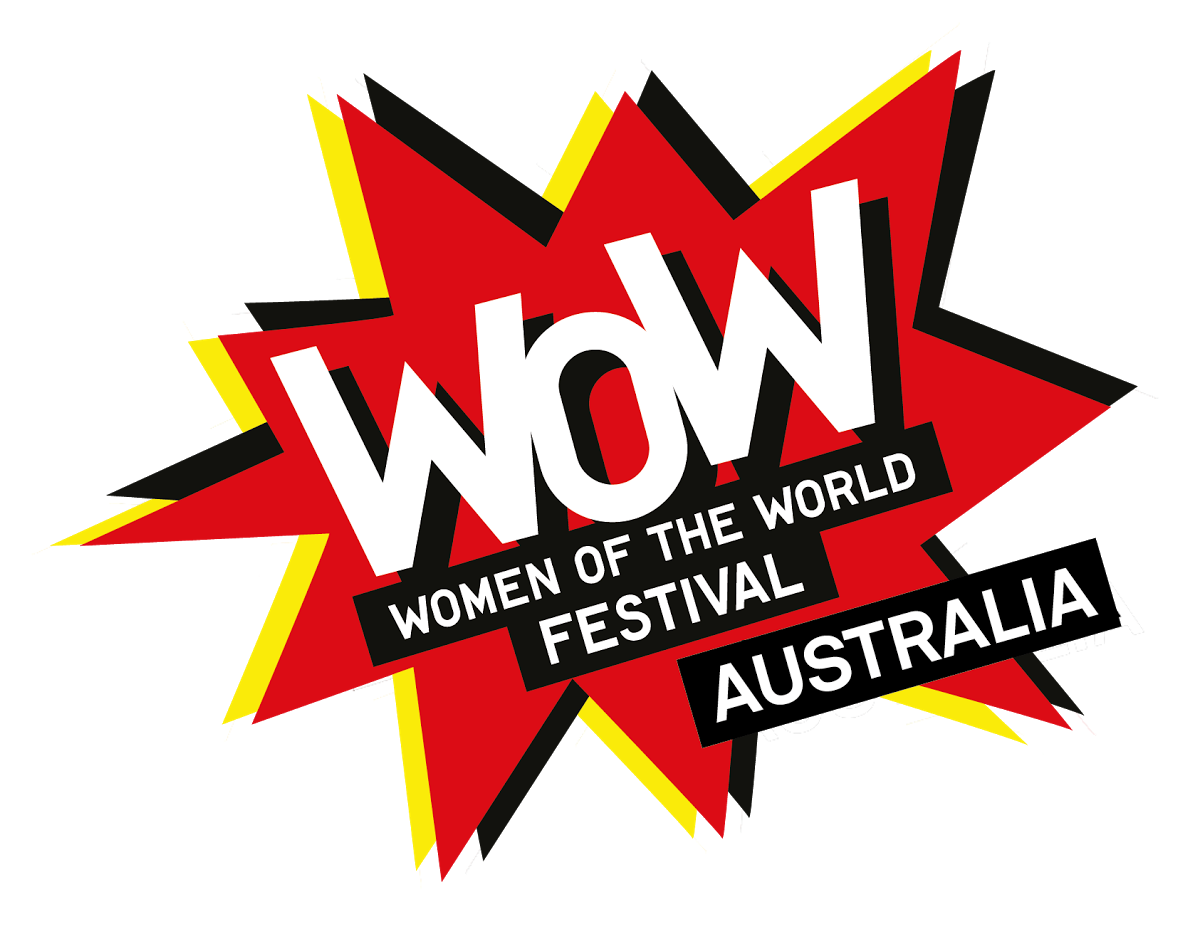Gender equality 2021: Autumn Reports
Essential reading for the enquiring mind. Enjoy our update with the must-read reports of the quarter.
Wiyi Yani U Thangani - Women’s Voices
The Wiyi Yani U Thangani (Women’s Voices): Securing Our Rights, Securing Our Future Report is an extensive whole-of-life report that reflects our women and girl’s incredible strengths and vital contributions to all aspects of life. It also captures how current mainstream systems are largely incapable of recognising this and adequately responding to the needs of our women and girls.
Plan International: COVID-19: Six Months On Report
The COVID-19: Six Months on Report is Plan International’s analysis of the current situation of children, women and vulnerable groups after six months of effects from the COVID-19 pandemic in the Asia-Pacific region. It highlights our response, outputs and impacts during this time, as well as funding gaps and priority needs for future actions.
This report discusses the indirect effects of COVID-19 and highlights our response to the global crisis, including both immediate relief measures and longterm efforts to “stop the setback” for girls, boys, women and other vulnerable groups. It compiles information from across the Asia-Pacific region and provides a broad view of the changes, challenges and progress observed over the past six months to determine the necessary next steps to respond more effectively to the pandemic.
Women’s work - The impact of the COVID crisis on Australia Women
International Women’s Day is all about building momentum for a more equal future. Grattan participated this year through release of a new report, Women’s Work, which looks back on the impact of the COVID crisis on women, and shows why some of the best policies to ‘build back better’ will help increase women’s economic participation.
Financy Women’s Index
The Women’s Index measures the financial progress of Australian women and economic equality. Financial inequality is a major obstacle to the progress of women, families and future generations.
The December quarter of 2020 has been the worst performing quarter in seven years for women’s financial progress towards equality in Australia with the Coronavirus causing a setback in employment. The timeframe to gender financial equality increased to a revised 101 years, due to a widening in the gender gap in unpaid work, the Financy Women’s Index shows.
Read the Key Results and the full report
Respect@Work: Sexual Harassment National Inquiry Report (2020)
The ability to work in a safe environment, free from sexual assault or harassment, is a basic human right. In recent months, many women and men have come forward publicly to tell their stories of sexual harassment in the workplace, shining a light on this issue both in Australia, and around the world. These personal accounts have made clear the devastating impact sexual harassment can have on individuals’ lives, as well as the significant costs to business and the community.
In June 2018 Kate Jenkins, Sex Discrimination Commissioner, announced a National Inquiry into sexual harassment in Australian workplaces. The Respect@Work: Sexual Harassment National Inquiry Report was released in February 2020.
ES4W Discussion Paper: Addressing the financial status of Aboriginal and Torres Strait Islander Women
Aboriginal and Torres Strait Islander (ATSI) women confront some of the most challenging economic circumstances within the Australian community. Educational attainment, income, workforce participation, health outcomes and home ownership are substantially lower for ATSI women than for the nation as a whole.
This paper draws together data and information which highlights the extent of the issues confronting ATSI women and proposes some policy initiatives that would help to address and correct the current situation. These changes are over and above the broader economic security issues for all Australian women noted in economic Security4Women’s (eS4W) White Paper of June 2018 which remain an important backdrop to addressing the gender disadvantage for Australian women.





